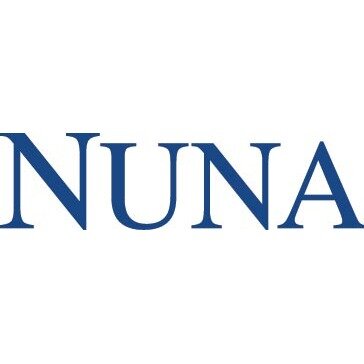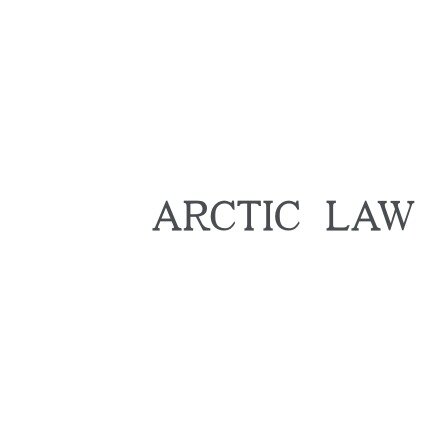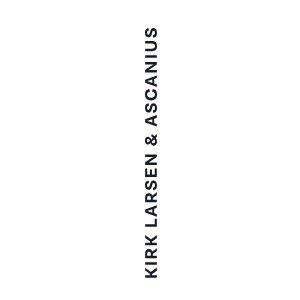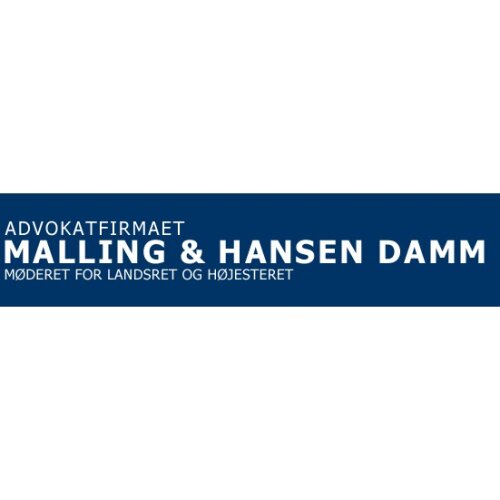Best Project Finance Lawyers in Greenland
Share your needs with us, get contacted by law firms.
Free. Takes 2 min.
Or refine your search by selecting a city:
List of the best lawyers in Greenland
About Project Finance Law in Greenland
Project finance refers to the long-term financing of large-scale infrastructure and industrial projects, where repayment is primarily made from the cash flow generated by the project. In Greenland, project finance is particularly relevant in sectors such as mining, energy, transport infrastructure and fisheries. Project finance in Greenland typically involves multiple parties, such as sponsors, lenders, government entities and contractors, and often includes foreign investors and complex legal structures.
The unique geography, small population and sensitive environment in Greenland mean that special legal and regulatory considerations apply. Project finance transactions must align with both Greenlandic and Danish law, as well as any international agreements that Greenland is party to. Proper legal guidance is essential to navigate the specific challenges of bringing large projects to fruition in Greenland.
Why You May Need a Lawyer
Legal assistance in project finance is crucial because these transactions are multifaceted, involve significant sums of money and carry unique risks. You may need a lawyer in Greenland for project finance in the following situations:
- Drafting and reviewing loan agreements, joint venture contracts or consortium agreements
- Securing or perfecting collateral and other security arrangements
- Ensuring compliance with Greenlandic and Danish regulatory frameworks
- Conducting environmental and social impact assessments
- Negotiating with governmental bodies for permits or concessions
- Advising on tax issues, dispute resolution and insurance matters
- Assisting in cross-border transactions involving foreign investors or loans
- Managing risks related to political, economic or environmental changes
A lawyer with experience in Greenland’s project finance landscape can anticipate challenges, structure deals to minimize risks and facilitate communication between foreign investors, local partners and authorities.
Local Laws Overview
Project finance in Greenland is influenced by several layers of law. First, the political status of Greenland as an autonomous territory within the Kingdom of Denmark means that some legal areas, such as mineral resources, fisheries and environmental regulation, are managed locally, while others are subject to Danish or EU law.
- Mineral Resources Act: This governs the exploration, extraction and use of mineral resources in Greenland, including licensing, royalties and environmental requirements.
- Business and Companies Law: The legislation outlines business incorporation, ownership structures and investment rules for operating in Greenland.
- Environmental Protection: Rigorous local regulations apply, especially for projects impacting the environment. Impact assessments and permits are mandatory.
- Contract Law and Security Interests: Both Greenlandic and Danish contract law may apply, particularly for loan and security documentation.
- Foreign Investment Regulations: Foreign ownership is permitted but may be subject to screening, sector-specific limits or special requirements.
- Public Procurement Rules: Where government entities are involved, public procurement rules may affect project structuring and tender processes.
All projects must also consider land access rights, indigenous peoples’ interests, labor regulations and compliance with international standards relevant to the sector.
Frequently Asked Questions
What is project finance and how does it work in Greenland?
Project finance is a method of funding large projects using the project’s future income and assets as collateral. In Greenland, it is commonly applied to the extractive industries, infrastructure and energy sectors, following local laws and involving both local and international parties.
Can foreign investors participate in project finance ventures in Greenland?
Yes, foreign investors can take part in project finance deals in Greenland, but may require government approval depending on the sector or the structure of the investment.
What regulatory approvals are needed for project finance?
Approvals vary by project type. Common requirements include environmental permits, land use agreements, sector-specific licenses (for resource extraction) and sometimes government approval for foreign investment or partnerships.
Is Greenlandic or Danish law more important in these transactions?
Both legal systems can apply. Greenland has its own laws for many areas such as natural resources and environment, but Danish law may apply to some contracts, dispute resolution and company law aspects.
How are environmental concerns addressed in project finance?
Greenland places high importance on environmental protection. Projects must undergo environmental and social impact assessments. Permits will only be granted if strict standards are met and ongoing monitoring is enforced.
What are common legal risks in project finance projects?
Risks include regulatory change, environmental liability, challenges with securing land rights, political uncertainty and changes to project economics. Legal advice helps mitigate these risks.
How are disputes in project finance usually resolved?
Disputes may be resolved through local courts, Danish courts, or international arbitration, depending on what the parties agree upon in their contracts.
What types of securities or guarantees are used?
Security can include charges over project assets, shares, cash flows, insurance proceeds and guarantees from sponsors or governments. Proper legal structuring is essential for enforceability.
How important is community and stakeholder consultation?
Very important. Many projects require formal consultations with local communities and indigenous groups, especially if traditional territories are involved. These consultations are essential for securing necessary permits.
What is the typical timeline for legal approval of a project?
Timelines vary widely depending on the project type, scale and complexity of approvals required. It may take several months to several years to secure all necessary permits and agreements.
Additional Resources
- Mineral Resources Authority of Greenland (MRA): Primary regulator for mining and exploration projects
- Government of Greenland’s Department of Industry, Energy and Research: General guidance for industry projects
- Greenland Business Association: Information for investors on business requirements and opportunities
- Local law firms with project finance expertise
- Greenlandic banks and financial institutions experienced in project lending
- Chambers of commerce and trade organizations
Next Steps
If you are considering or involved in a project finance transaction in Greenland, take the following steps:
- Clearly define your project objectives and identify all stakeholders
- Begin early consultations with relevant government agencies and regulators
- Engage a lawyer experienced in project finance and Greenlandic law
- Prepare all necessary business plans, feasibility studies and impact assessments
- Identify potential legal risks and develop strategies to address them
- Ensure timely submission of all required permit and license applications
- Continue stakeholder and community engagement throughout the process
Having a qualified legal advisor throughout the process will help you navigate challenges, manage compliance requirements and improve your project’s prospects for success.
Lawzana helps you find the best lawyers and law firms in Greenland through a curated and pre-screened list of qualified legal professionals. Our platform offers rankings and detailed profiles of attorneys and law firms, allowing you to compare based on practice areas, including Project Finance, experience, and client feedback.
Each profile includes a description of the firm's areas of practice, client reviews, team members and partners, year of establishment, spoken languages, office locations, contact information, social media presence, and any published articles or resources. Most firms on our platform speak English and are experienced in both local and international legal matters.
Get a quote from top-rated law firms in Greenland — quickly, securely, and without unnecessary hassle.
Disclaimer:
The information provided on this page is for general informational purposes only and does not constitute legal advice. While we strive to ensure the accuracy and relevance of the content, legal information may change over time, and interpretations of the law can vary. You should always consult with a qualified legal professional for advice specific to your situation.
We disclaim all liability for actions taken or not taken based on the content of this page. If you believe any information is incorrect or outdated, please contact us, and we will review and update it where appropriate.
Browse project finance law firms by city in Greenland
Refine your search by selecting a city.











